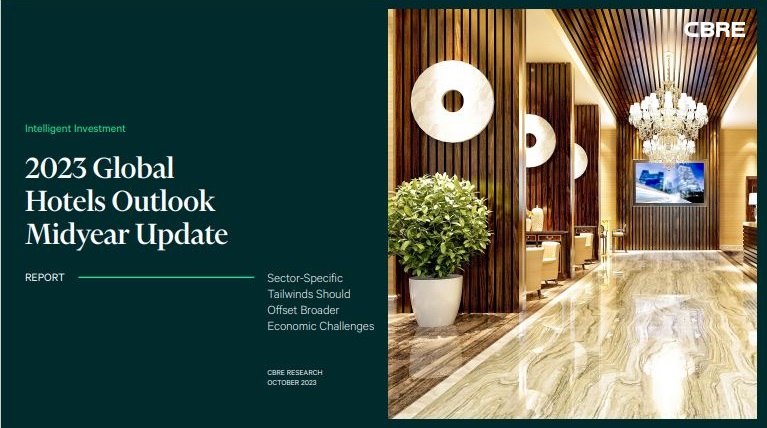By the final quarter of last year, clean across the Globe, no less than 14,267 projects were underway for the construction of new Hotel accommodation (a 4% increase year on year: www. lodgingeconometrics.com): India was third in the global league table (after the United States and China). And, as I write this, the pipeline continues to run hot, at a record high in fact, which is a tangible expression of just how successful worldwide hospitality has become since the dismal, locked-in days of COVID restrictions. The figure I mentioned also bears stark testament to both the flexibility and overall responsiveness of the sector: seemingly pivoting on a sixpence to increase resources, just when so-called revenge tourism has assumed peak traction: and, if you didn’t know already, that means the increasing trend for international and domestic travellers to break free of (hopefully) distant memories of lockdown restrictions and seek out ever more exotic destinations, both at home and abroad.
If you’re thinking this all sounds a bit too much like a marketing jingle, just consider the hard facts for a moment: according to the latest UNWTO World Tourism Barometer (www.unwto.org), more than 235 Million tourists travelled internationally in the first quarter of this year (double the equivalent period in 2022): so, with due deference to the laws of supply and demand, this is precisely the time to be making new hotel accommodation available… there’s an attractive symmetry in the way markets frequently function, and that’s certainly the case when it comes to hospitality.
Sustainable and Eco Friendly
Of course, not just any old accommodation will do…this tidal wave of travellers isn’t only hungry for new and more interesting destinations. Research consistently shows that they also want to stay in hotels that are both sustainable and eco-friendly: 82% of them, in fact, according to global travel brand Virtuoso (www.virtuoso.com). After all, nobody wants to wind up at the airport to find a clapped-out Fiesta waiting for them (well, almost nobody), and virtually no one wants to stay at some concrete monolith of a hotel whose only idea of sustainability is tossing towels in a bath and replacing the soap every third day.
That’s why more and more of those new hotels are currently being built to rigorous eco-friendly standards, capable of enhancing the guest experience as well as improving bottom-line efficiencies and community engagement.
A truly eco-friendly hotel is built from the ground up with sustainability at its core: integrating emerging technologies, streamlining infrastructure, and removing all those troglodyte pinch points (such as, yes, tossing towels in the bath), so as to fully enhance the way in which guests can engage with their immediate environment and the wider community.
The hotel they stay in will now be increasingly constructed with greener materials and more often put together using Modular Technologies, which not only reduce environmental waste but also reduce delivery timelines and enhance the bottom line (conventionally by up to 40%, according to McKinsey: www.mckinsey.com). Smart infrastructure can, and does, also help reduce the hotel’s operating costs by monitoring energy wastage levels, optimising water usage, and highlighting the need for any preventative maintenance…and all that’s good for the environment as well…helping preserve our precious planet for future generations.
Eco Hotels
Ever since Eco Hotels was founded more than a decade ago, sustainability and environmental consciousness have been built into its DNA from the ground up: fostering energy efficiency, advanced technologies, and eco-friendly operations, as well as sourcing supplies to support local communities: managing its operations with a clarity of vision that brings a new dimension to hospitality.
Find out more about Eco Hotels
Red Ribbon Asset Management is the founder of Eco Hotels, the world’s first carbon neutral mid-market hotel brand, offering “green hospitality” as part of a progressive roll out across India which intended to take full advantage of current market opportunities on the subcontinent.

-1.jpg)





